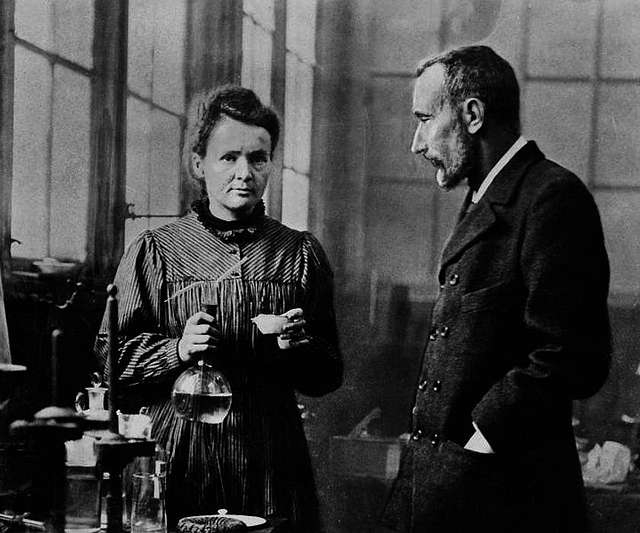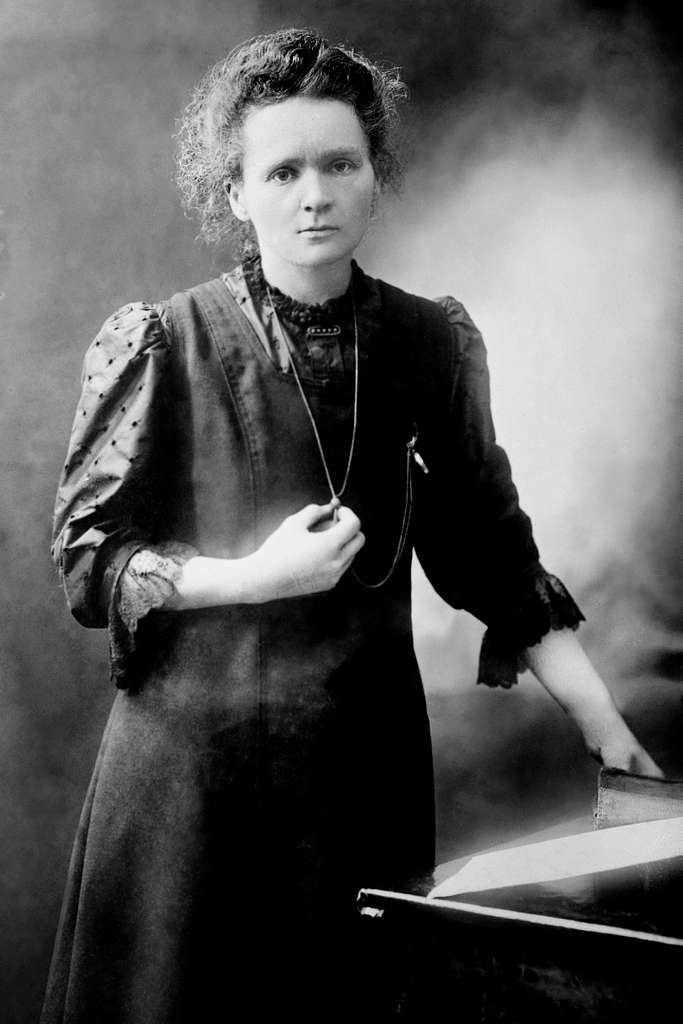Marie Curie
Marie Curie was a pioneering researcher on radioactivity who was Polish and French by naturalization. She was the first person to receive the Nobel Prize for a woman, the first to win it twice, and the only one to win it in two different scientific domains.
Despite having a French name, Marie Curie's life did not begin there. Her difficult journey to Paris and triumph is just as deserving of appreciation as her scientific achievements.
Henri Becquerel, a French physicist, inspired Curie at the University of Paris. He found that uranium emits something that, while not precisely the same as X-rays, which had only been discovered the year before, looked a lot like them in 1896. Curie was so intrigued that she chose to study uranium and its enigmatic rays for her doctoral thesis.
Marie Curie eventually understood that whatever was generating these rays was occurring at the atomic level, which was a crucial first step in realizing that atoms weren't the tiniest unit of matter. It was a turning point in the history of what Curie would later coin as radioactivity.
In about the same period, Curie fell in love with and wed her French husband, Pierre, a brilliant scientist who gave up his own career to assist in his wife's studies. When the two began investigating uranium-containing minerals and the uranium-rich ore pitchblende, they discovered that the latter was four times more radioactive than pure uranium.
Born - Died: 1895-1906
Field: Physical and chemical
Important contributions: conducted pioneering research on radioactivity















